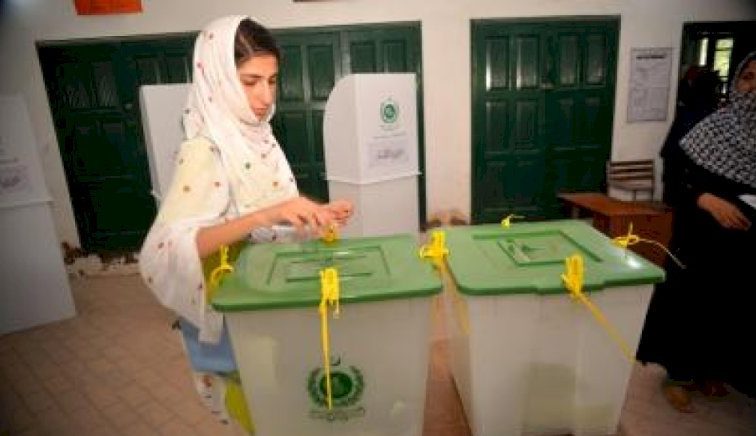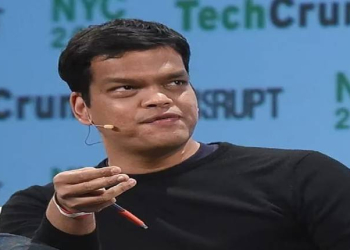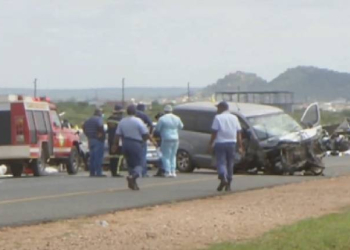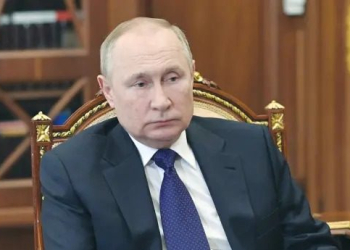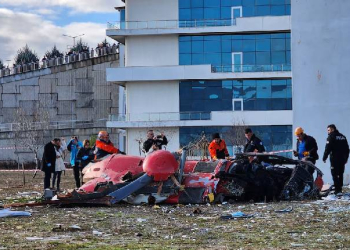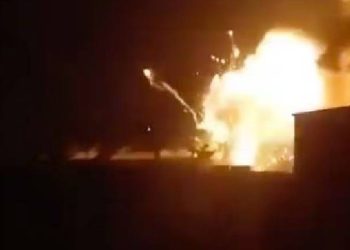Islamabad: Pakistan may be hurtling towards a snap poll later this year, despite denials by the ruling alliance that is increasingly unsure of support from the powerful army and finds its key actions negated by the judiciary.
Although no panacea, early polls appear to be the only, but also difficult, way to resolve the country’s political mess that has been exacerbating its unprecedented economic crisis. Also, the decision to advance the elections, due July 2023, may send the country in a tailspin.
The ball has landed in the military’s court, but it is still groping for a way out after working from behind for the exit, in collusion with the top judiciary, of the very governments it had helped install since 2016. In the process, Pakistan analysts say, it has invited unprecedented criticism in public that could compare with 1971, when the country was dismembered.
Confused, even contradictory, but discernible, signals emanated on July 28, 2022. On the economic front, the Pakistani rupee (PKR) continued to fall at 240 for a US dollar. More levies were indicated on fuel that is scarce but is driving the economy.
Neither the urgently-sought bailout from the International Monetary Fund (IMF), nor any substantial aid from friends and allies, are forthcoming.
On the political front, the ruling Pakistan Democratic Movement (PDM) is in a disarray after a Supreme Court verdict removed its government in Punjab, virtually handing back the populous province to ousted premier Imran Khan. His Pakistan Tehreek-e-Insaf (PTI) is also governing the Khyber Pakhtunkhwa province and shares power in Balochistan. Imran has been demanding early elections and has gained immense political leverage since his government was voted out in April.
His accusations that those who ousted him from power in April are ‘corrupt’ and that it was part of an ‘international’ conspiracy, pointing fingers at the US, appear to have worked on the public mind. Anti-American, anti-West sentiments sell in Pakistan. They go with the perception that a section of the top army leadership prefers him to other power contenders.
Significantly, the idea for a snap poll found support from Imran’s bete noire, Nawaz Sharif, the three-time premier who lives in exile in London, according to a report in The News (July 28, 2022). But the PDM considered it on July 28, and rejected it. It does not want to be seen as conceding to Imran’s demand.
However, Interior Minister Rana Sanaullah ‘urged’, media reports said, Imran to agree to dissolve the Punjab and KPK provincial assemblies as a political bargain that could prompt the whole of Pakistan to opt for elections at federal and provincial levels.
In stark political terms, analysts surmise, there is no compulsion for Imran to end his party’s rule in these provinces. For a similar set of reasons, there is no reason for the PPP, now a PDM partner, to shed power in Sindh province.
Continuing in government could be counter-productive for the PDM. Imran is seen as drawing political mileage with his demand for early polls. His offer, again on July 28, of helping set up a committee to resolve economic issues, is a signal that he is willing to talk, and bargain, without losing his vantage position.
The PML (Nawaz) stands to lose in an election, if held early. It may be propelled into accepting it, freeing itself of any responsibility, possibly under a caretaker government, if the army decides and pulls the right political strings. Analysts say the army also would not like to be seen as supporting the current politico-economic mess by not taking a decisive, behind-the-scenes action.
All concerned could agree on a caretaker government headed by a mutually acceptable prime minister, as has happened in the past. The army would find it easier to monitor and control the processes. Gen. Qamar Javed Bajwa could influence the choice of his successor, should he decide to go home and in the process, strengthen the institution he serves.
In the event of an early poll under a caretaker government, the future of the PDM as an alliance could become uncertain. PML (Nawaz) and PPP are essentially rivals and could turn so once the glue of power is unstuck. But they could also work together to confront Imran, the common political adversary. They would like to work to keep the political arena confined to the two parties, minus Imran who has now emerged as the third, more powerful, force.
Difficult to discern though, the army appears to be preparing for all eventualities. On top is the position of its own Chief, General Bajwa, who is due to end his extended tenure in November. July 28 saw the army under him promoting a record 32 brigadiers to the rank of major general, augmenting the rank of its seniors whose role would be crucial, whichever way Pakistan’s political cookie crumbles.
(IANS)



